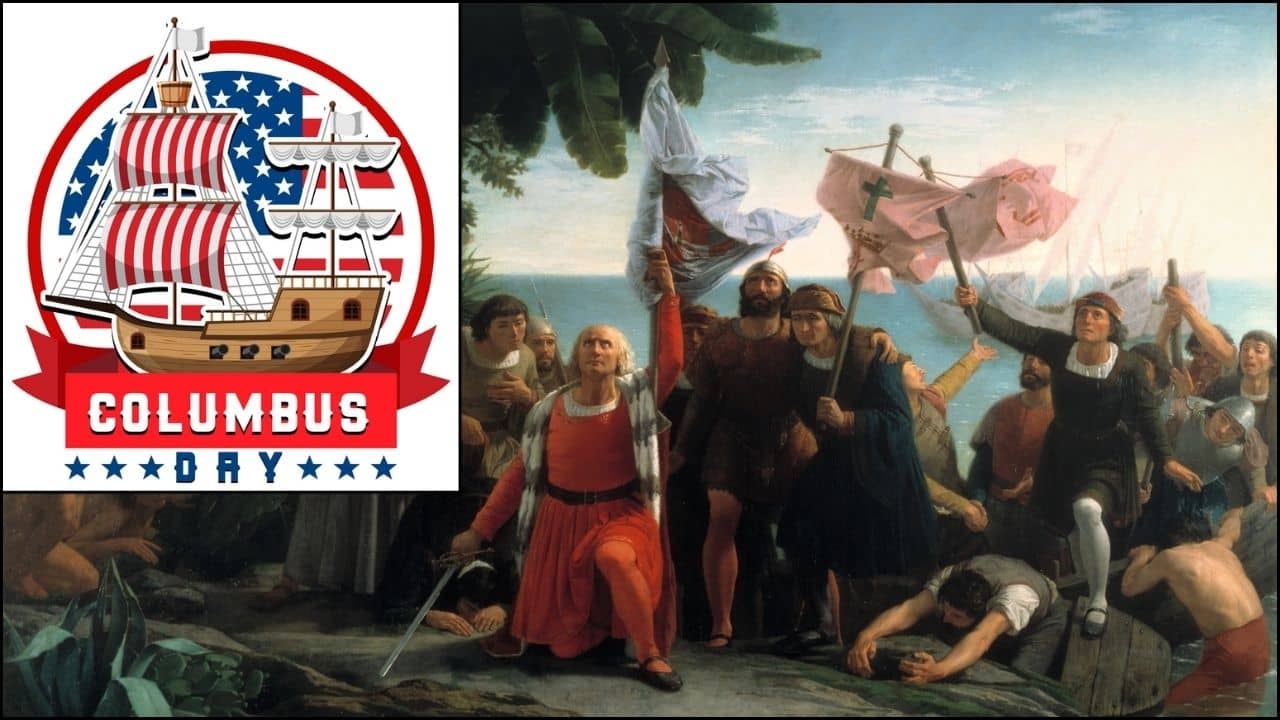Columbus Day: A Celebration of Inhumanity
09 Aug 2024 07:04:29

On October 14th, many people observe Columbus Day, a holiday that supposedly recognises the first encounter of America by Christopher Columbus. But the reality of Columbus' legacy is far more sinister than what has been taught to generations of schoolchildren.
When Columbus set foot in the New World, there began a more than half-a-million murders of Indigenous populations that should negate our celebration. Columbus Day should not be celebrated in his name but to commemorate these god-awful acts that were ordered by him.
The Dark Reality of Columbus’s Expeditions
Columbus wasted no time in showing his true colours when he arrived on the other side of the Atlantic. His first experiences in dealing with the aboriginal Taino of Hispaniola consisted of violence and exploitation. Columbus ordered the Natives to serve as slaves, thinking that they would be ideal servants. Thus began a gruelling phase of bonded slavery and torture.
The tribute system is one of Columbus’ most offensive policies. The locals had to provide the Spanish settlers with a specified amount of gold. People who did not meet the quotas could have their hands chopped off. This cruel system brought untold misery and death to the indigenous people.
Massacres and Mutilations
Columbus's brutal campaign also included numerous massacres and mutilations of some. Columbus went on a rampage and attacked over 2,000 Indians; he then commanded his armies to decapitate in public three Indian leaders as well, cutting off the ears of others for not giving him what he wanted.
His followers went on to commit sickening crimes just for fun—slicing bodies with their swords to determine the blade's sharpness and beheading boys who had brought parrots.
Columbus and his men did more than just physically harm the natives they encountered—they also inflicted psychological harm. They marched women naked through the streets and they brought them to sell as sex slaves. The cruelty of Columbus was so severe that many natives preferred mass suicides to living under his yoke.
The Devastating Impact on Indigenous Populations
The results of Columbus's actions were disastrous for the Indigenous communities. The Taino population, when Columbus came, plunged because of violence and brutality and introduced diseases. Early in the 16th century, as few as half a thousand remained. The policies and actions of Columbus paved the way for these terrible colonisations later on in America that would nearly wipe native people off the continent.
Why We Should Remember, Not Celebrate
However, Columbus Day is not something to celebrate but a day of reflection in memory of the millions killed and cultures decimated by what Columbus did. It is necessary for us to recognise the historical injustices faced by Indigenous peoples. This day should be the occasion to learn and teach others about our history, who Columbus really was in his expeditions, and how that legacy leaves on.
By reframing Columbus Day as a day of remembrance, we honour the resilience of Indigenous peoples and acknowledge the suffering they endured. It is a step towards reconciling with the past and fostering a more inclusive and accurate understanding of history.
Ultimately, Christopher Columbus left a legacy of cruelty, abuse and sheer inhumanity. Columbus Day celebrations show that we would rather not hear about the other side of colonisation, and want to continue a lie of discovery and heroism. Rather, this should be a day to memorialise the horrors and honour of the victims.